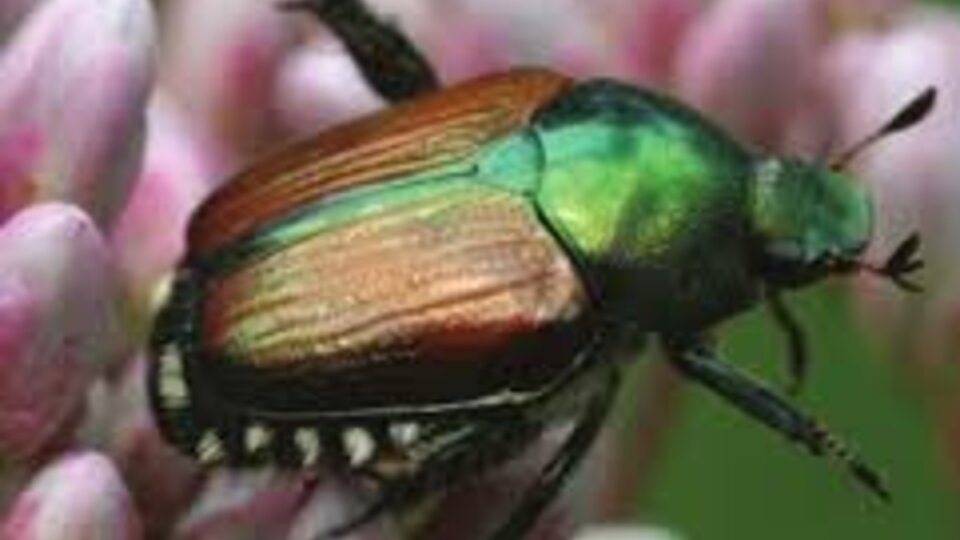Japanese beetles (Popillia japonica) are invasive pests known for causing significant damage to a wide range of plants, including ornamental plants, fruit trees, and crops.
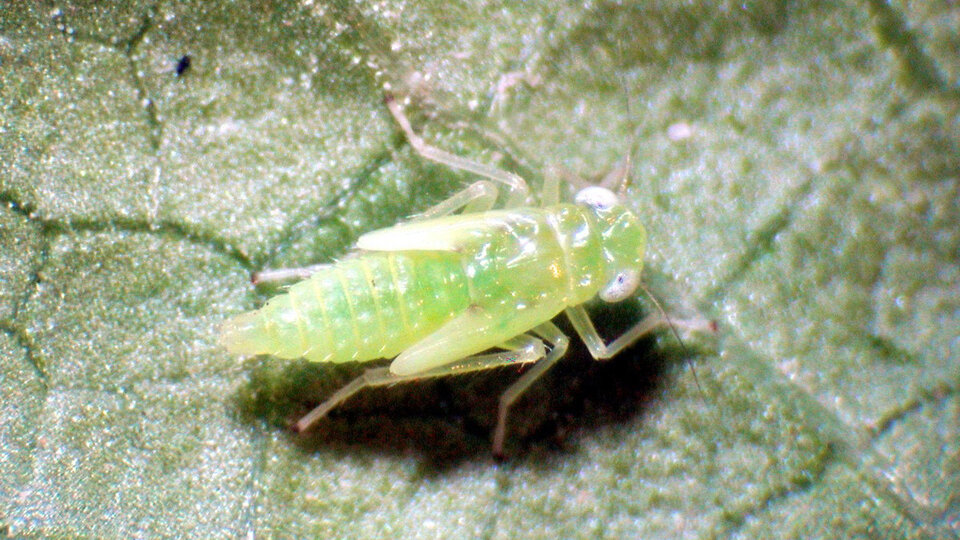
Leafhoppers are small, sap-sucking insects that can be pests in gardens and agricultural settings. They belong to the family Cicadellidae, which is part of the order Hemiptera (true bugs).
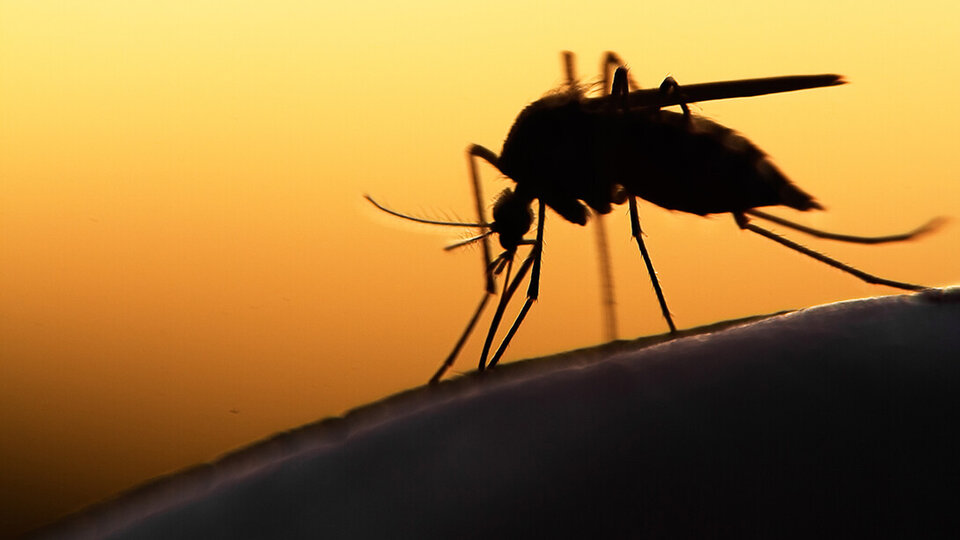
Mosquitoes are small, flying insects from the Culicidae family known for their role in disease transmission. They have a four-stage life cycle—egg, larva, pupa, and adult—and are found worldwide, especially in warm, humid environments with access to standing water, where they lay eggs.
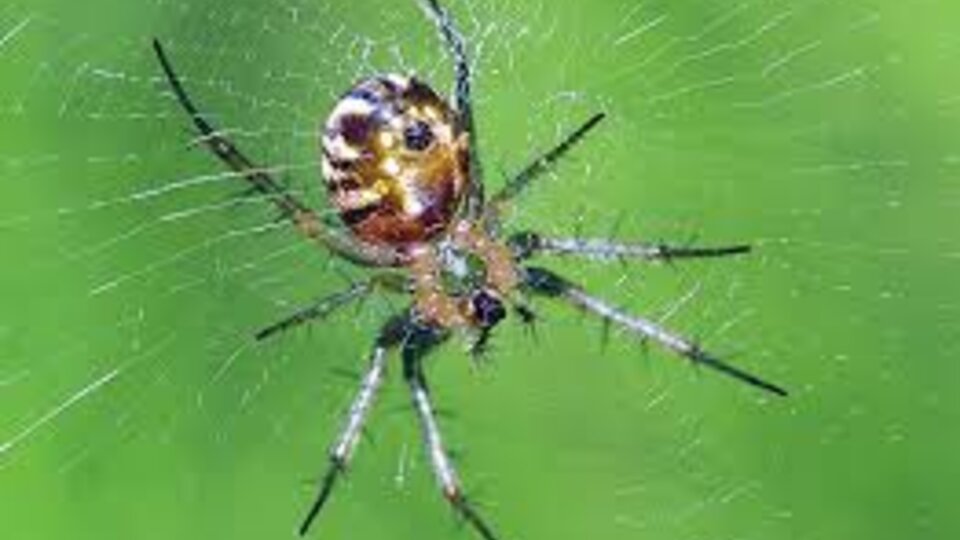
Spiders are diverse arachnids known for their web-building and predatory behavior. Most spiders are beneficial, controlling insect populations, but some can be a concern due to their venom or for their presence in homes.
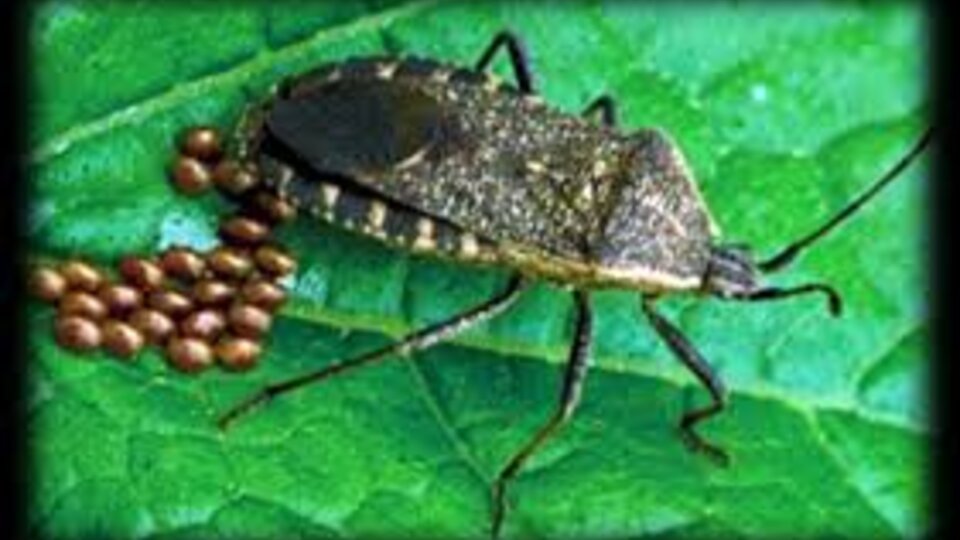
Squash bugs (Anasa tristis) are common pests that target squash and pumpkin plants. They are notorious for their feeding damage and potential to transmit diseases.
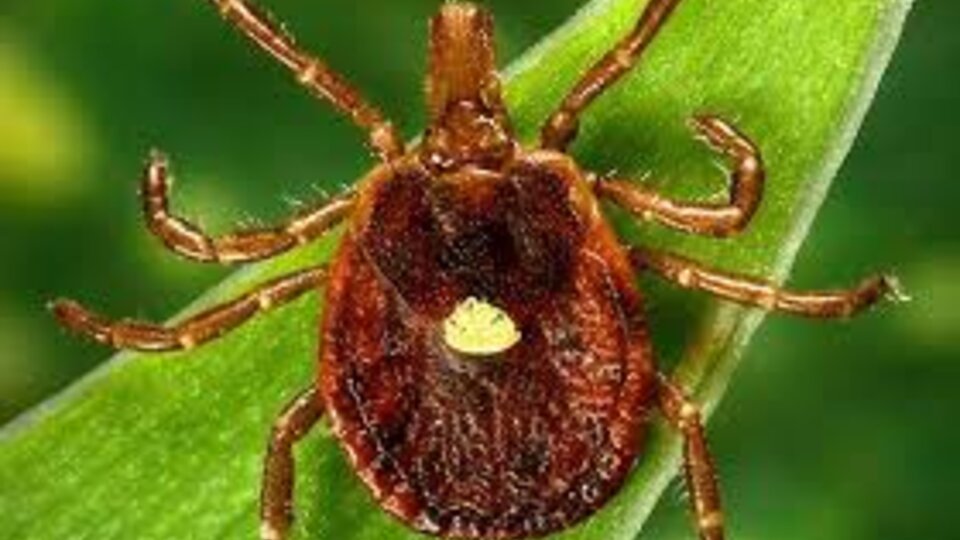
Ticks are small, parasitic arachnids that feed on the blood of mammals, birds, and sometimes reptiles and amphibians. They are known for their ability to transmit various diseases, including Lyme disease, Rocky Mountain spotted fever, and others, making them a serious concern for humans, pets, and livestock.
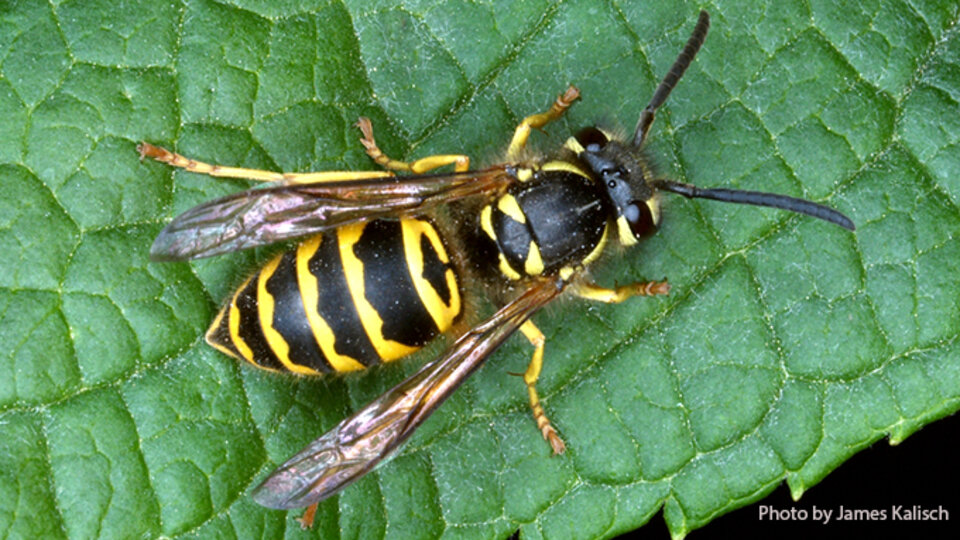
Wasps are a diverse group of insects known for their role in pollination, as well as their potential to be aggressive when disturbed.
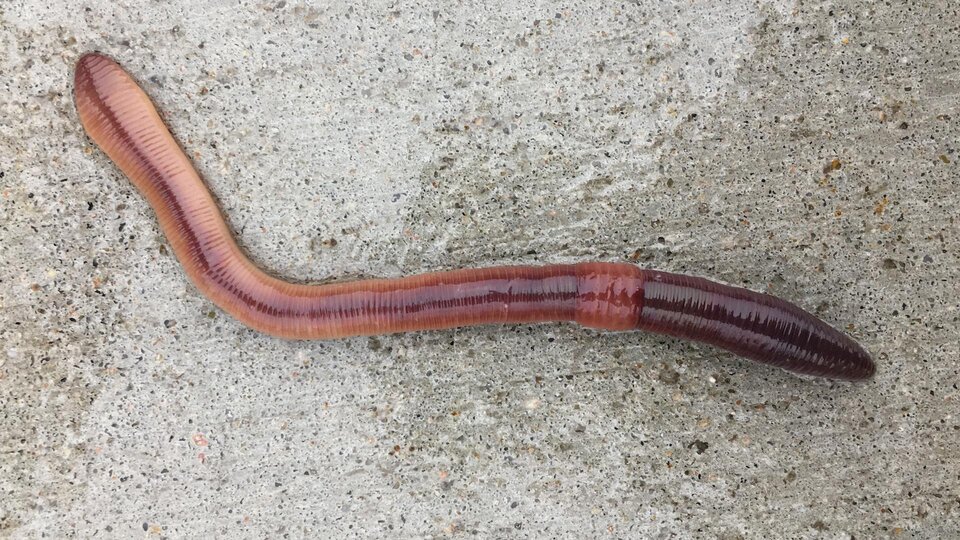
Worms are a broad group of elongated, soft-bodied invertebrates that play various roles in ecosystems. Some worms are beneficial, while others can be pests or even parasites. Understanding the type of worm you're dealing with is crucial for determining its impact and how to manage it.
